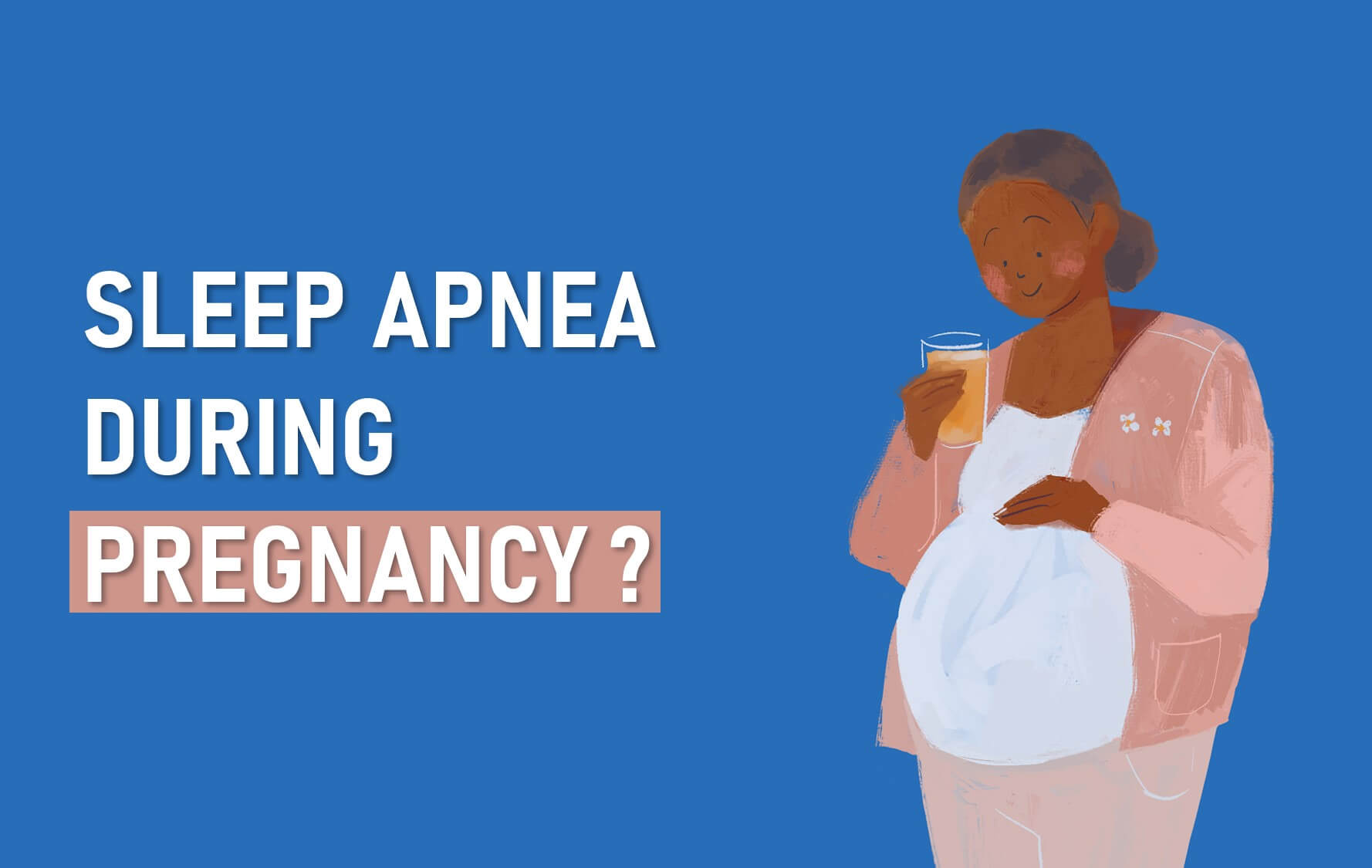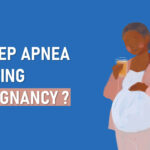- Swastik Clinic, Ahmedabad, GJ, IND
- Call: 8849867169 (For Appointment)
- Mon - Sat: 10 AM - 08 PM
- Sun: Only Emergencies
How do I know if I have sleep apnea during pregnancy?

How do I know if I have sleep apnea during pregnancy?
Breathing during sleep may change during pregnancy: as a pregnancy unfolds, there may be a clear progression from soft to loud snoring, and even pauses or disruptions of breathing that characterize a condition called sleep apnea.
Since sleep apnea deprives your body of oxygen, it can be serious for both you and your baby on board. If you suspect you have sleep apnea, read on for more about the causes of this condition and the warning signs to watch for.
What causes obstructive sleep apnea during pregnancy?
All pregnant women have an increased risk of obstructive sleep apnea because higher levels of estrogen during pregnancy can cause the mucus membranes in your nose to swell, leading to nasal congestion.
If you’re overweight, obese or gained too much weight during pregnancy, you’re particularly at risk of obstructive sleep apnea. Extra tissue in your neck can block your airway and make it harder to breathe at night. Moms-to-be with gestational diabetes are also at higher risk.
Other reasons your airway may get blocked or collapse during sleep include congestion caused by allergies or illness, along with certain physical attributes
Symptoms of sleep apnea during pregnancy
Since symptoms of sleep apnea overlap the common pregnancy side effects, the condition often goes undiagnosed and undertreated. Also, many women with sleep apnea may not snore. They may experience side effects of inadequate sleep such as: anxiety, fatigue and mood changes.
The usual symptoms include:
- Snoring
- Breathing pauses or shortness of breath in sleep
- Waking with choking, snorting, or gasping
- Excessive daytime sleepiness
- Frequent urination at night
Risks of obstructive sleep apnea during pregnancy
Over time, sleep apnea lowers your blood oxygen levels. It increases your risk of high blood pressure, cardiovascular problems and other health issues.
Pregnant women may develop conditions like gestational diabetes and preeclampsia.
Hence, it is very important to diagnose and treat sleep apnea.
How is obstructive sleep apnea treated?
Treating sleep apnea generally starts with lifestyle changes. Your doctor may advise you on your sleeping positions. If you are overweight or obese, you may be advised to work on weight management. Or you can also try adhesive breathing strips, which open up your nostrils.
If apnea persists or is severe, you may need a CPAP (continuous positive airway pressure) machine, which provides a gentle flow of air to a mask that you’ll wear over your nose, keeping your airway open.
FAQ: Does sleep apnea go away after pregnancy?
Yes, there is some evidence that OSA in pregnancy will improve once you deliver. Many studies and researches indicate that sleep apnea gets better with weight loss, so once you have your delivery, your sleep apnea symptoms should subside.
Obstructive sleep apnea doesn’t have to ruin the quality sleep you need during pregnancy. If you notice any symptoms, contact your doctor immediately.
Source/s:
Banner: www.pixabay.com
Recent Posts
Archives
- April 2022
- January 2022
- December 2021
- November 2021
- August 2021
- July 2021
- June 2021
- May 2021
- April 2021
- March 2021
- February 2021
- January 2021
- December 2020
- November 2020
- October 2020
- September 2020
- August 2020
- July 2020
- June 2020
- May 2020
- April 2020
- March 2020
- February 2020
- January 2020
- December 2019
- November 2019
- October 2019
- September 2019
- August 2019
- July 2019
Categories
Recent Posts


I Got Covid-19 & Have Asthma – What Now?
09th Jan 2022
